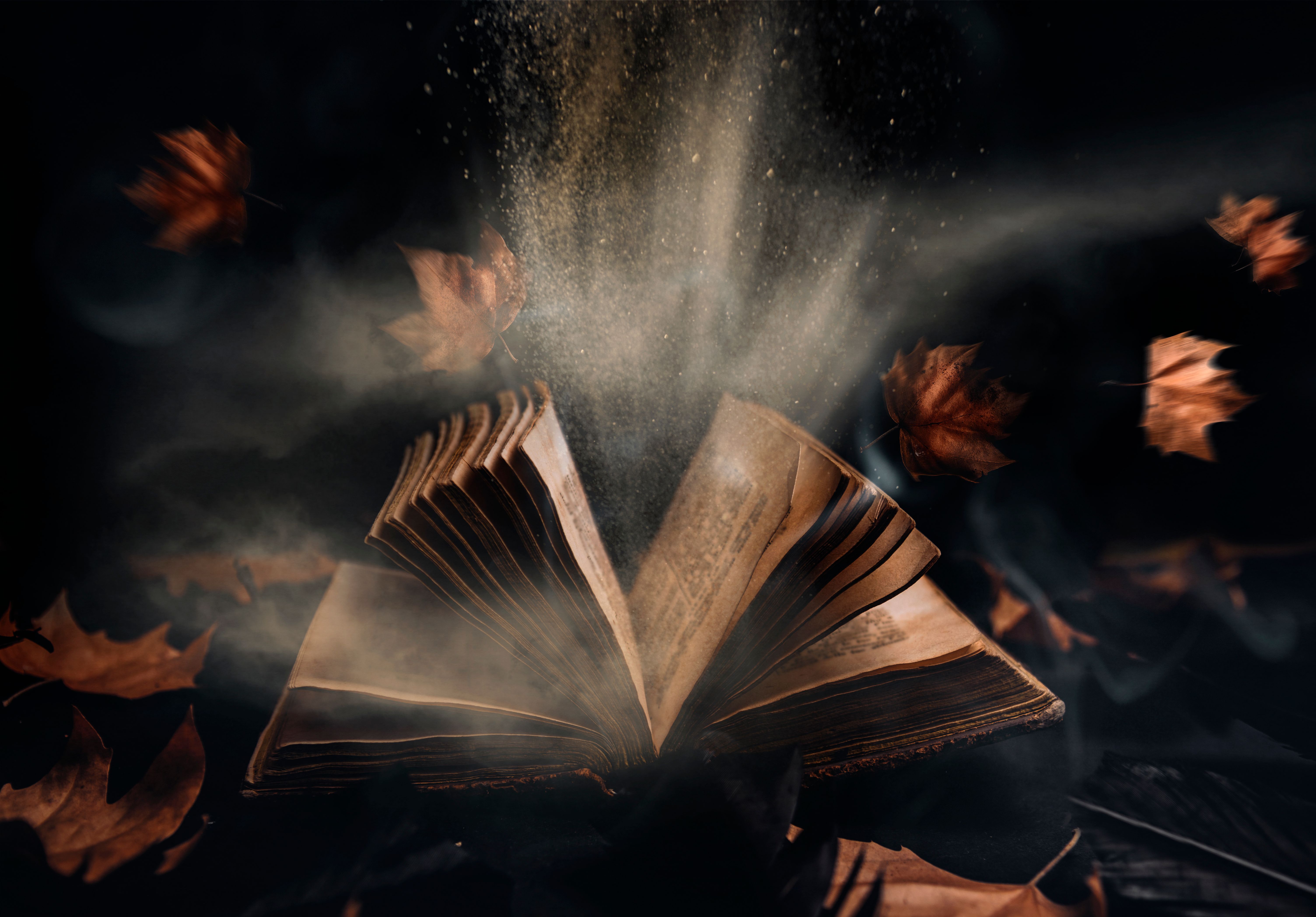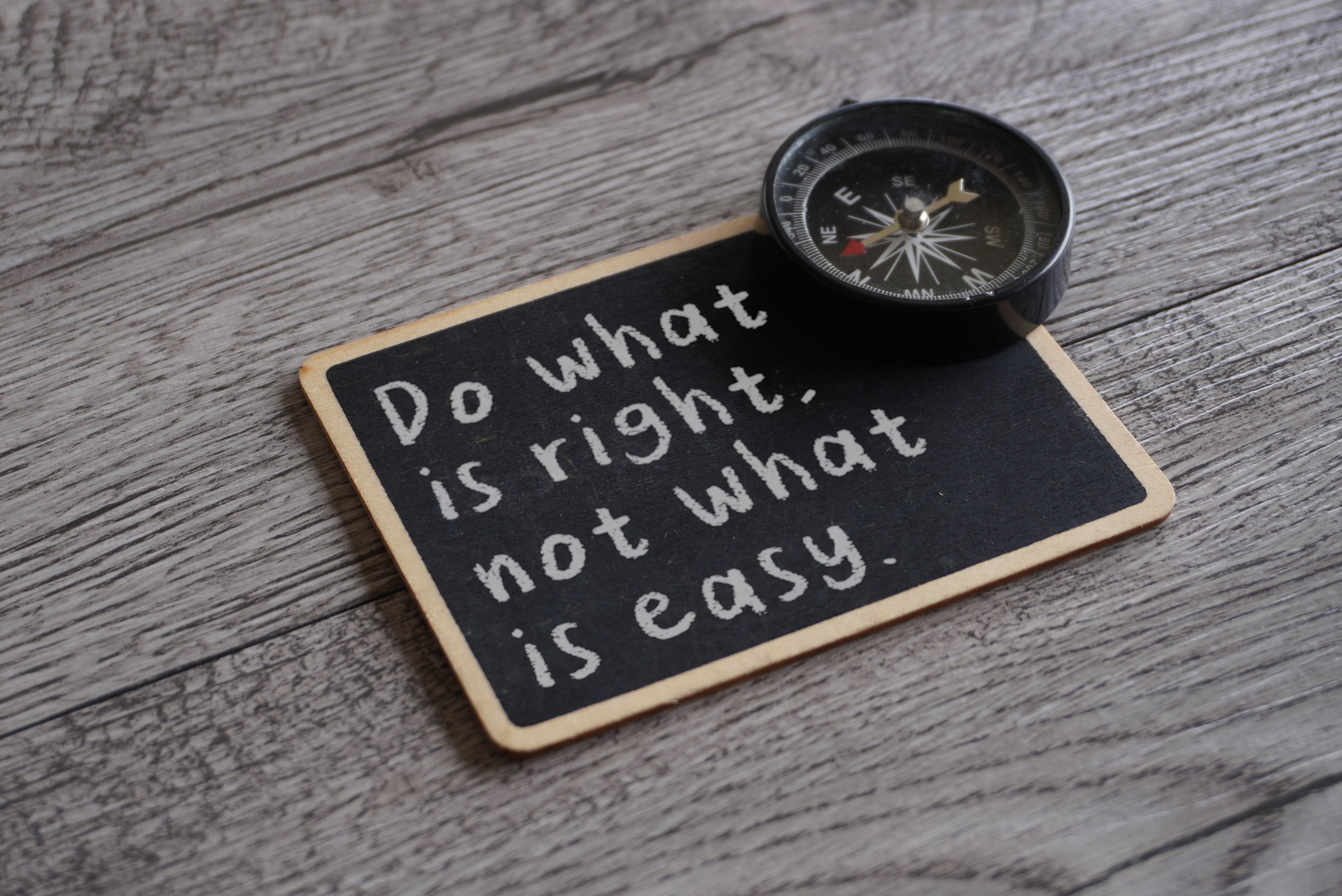- Contact
- Services & Expertise
- About
- Blog
- Services
- Black Magic Revenge & Enemy Destruction Specialist
- Love Back by Black Magic
- Black Power Spell
- Lost Love Spells – USA & UK Specialist
- International Vashikaran & Love Control Services
- Black Magic to Destroy Enemy – International Specialist
- Black Magic Specialist
- Voodoo Spells
- Black Magic Services
- Foreign Black Magic Services
Understanding the Ethics and Implications of Black Magic Spells
Exploring the Intricacies of Black Magic
Black magic, a term that often evokes fear and fascination, is a practice shrouded in mystery and controversy. Historically, it has been associated with malevolent intentions and supernatural forces. However, understanding its ethics and implications requires a nuanced exploration of its origins, practices, and the societal perceptions surrounding it.

The Origins and Practices of Black Magic
Black magic has roots in ancient traditions and spiritual beliefs. It is often characterized by rituals and spells intended to manipulate or control outcomes in the physical world. Practitioners may use various tools, such as talismans, incantations, or potions, to achieve their desired effects. Despite its controversial nature, black magic is intertwined with cultural and religious practices across different societies.
While many view black magic as inherently evil, it is essential to recognize that its perception varies widely. In some cultures, it is seen as a legitimate form of spiritual expression or protection against harm. This duality highlights the complex ethical considerations involved in evaluating black magic.
Ethical Considerations of Black Magic Spells
The ethical implications of black magic are a subject of intense debate. One core issue is the intention behind the spell or ritual. Is it performed to cause harm or manipulate others without their consent? If so, it raises significant ethical concerns. Conversely, some argue that black magic can be used for self-defense or to restore balance, challenging the notion that it is exclusively harmful.

When considering the ethics of black magic, it is crucial to examine the practitioner's accountability and the potential consequences of their actions. Practitioners must contemplate whether their spells interfere with the free will of others or result in unintended harm. Such considerations are vital in assessing the moral implications of their practices.
Implications on Society and Culture
The perception of black magic in society is often influenced by cultural narratives and media portrayals. These representations can shape public opinion, leading to stigmatization or fear of those who engage in these practices. Understanding the cultural context is essential in appreciating the diverse perspectives on black magic and its role in different communities.

Furthermore, the legal implications of practicing black magic vary globally. In some regions, it is criminalized due to perceived threats to public safety or moral order. This legal stance reflects the broader societal implications and challenges in regulating spiritual practices that are deeply rooted in cultural identity.
Deconstructing Stereotypes and Misconceptions
Many misconceptions surround black magic, often fueled by sensationalism or misinformation. It is crucial to deconstruct these stereotypes to foster a more informed understanding. Not all practitioners have malicious intent; many seek spiritual growth or healing through their practices.
By engaging in open dialogues and research, society can move beyond fear-based narratives and appreciate the complexities of black magic. This approach encourages respect for diverse spiritual expressions while promoting ethical considerations in magical practices.
Conclusion: Navigating the Ethical Landscape
Navigating the ethics and implications of black magic requires a balanced perspective that considers historical context, cultural influences, and individual intentions. As with any spiritual practice, it is essential to approach it with respect, understanding, and a critical mind.

Ultimately, fostering discussions around black magic can lead to a deeper appreciation of its role in human history and culture. By exploring its ethical dimensions, society can better understand the motivations behind these mystical practices and their impact on both individuals and communities.